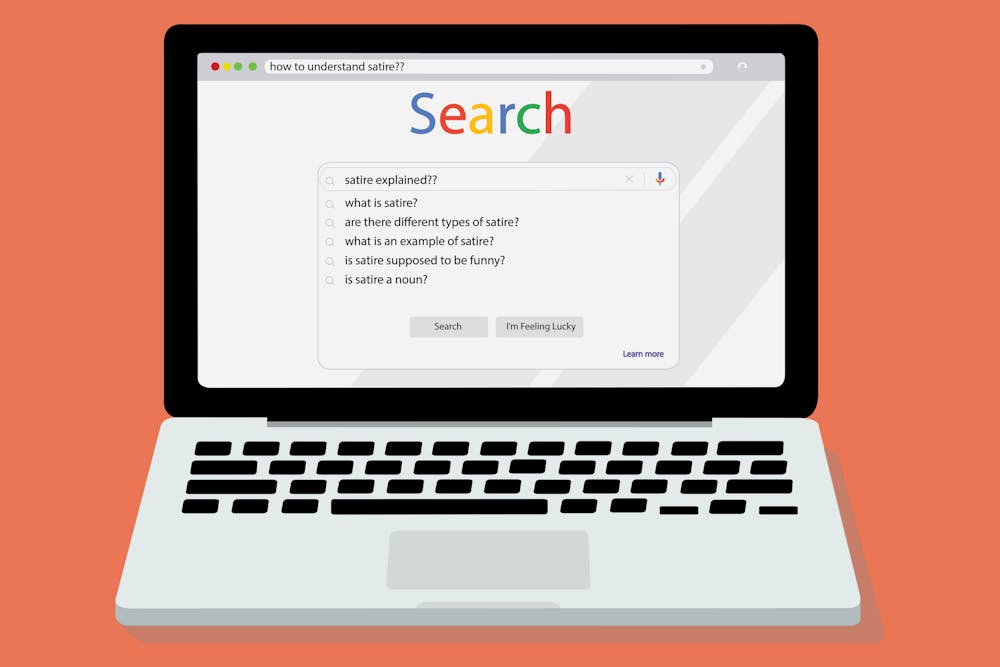My junior year of high school, my AP English teacher forced my class to read "A Modest Proposal" —a 1729 essay written by Jonathan Swift in which he proposes that Irish families sell their children as food to the rich and elite.
His essay suggests that since the Irish are already in such poor positions financially, they might as well just sell their children. The essay goes on to offer methods of preparation for cooking the children and calculations supporting the financial benefit of this proposal.
I can vividly recall a time during a class discussion of this essay when one of my fellow classmates became so worked up about this disgusting cannibalistic suggestion that she began to cry over how senselessly the article regarded the poor during that time.
For further context, "A Modest Proposal" is, surprise, a satirical piece. Its purpose is to critique British control of Ireland, and it extensively describes the struggles of Irish people at the time.
As an aspiring satirist, Jonathan Swift is an inspiration of mine. To write such vulgar satire — to the extent at which some high school student cries over its absurdity almost 300 years later — is my personal dream.
However, there seems to have been a cultural shift in the state of satire in recent years, most notably for me at The Daily Tar Heel itself. One of my many grievances of The DTH is its constant need to post my, and other columnists, satirical pieces with the label “Satire.”
Satire doesn’t need to be labeled. The entire purpose of a satire is to gradually draw the reader in and expose them to the point you are making through the absurdity of what you are writing.
I once wrote an article for this paper in which I discussed who would win in a fight, Mitch McConnell or a Marshmallow Peep. The Daily Tar Heel marked it up with a big old satire label upon publication. Obviously, this is satire. Prefacing every satire piece with a label telling you so, especially something as absurd as a United States senator versus a piece of candy, reduces the entire point you are trying to make — and it looks ridiculous.
I’ve heard arguments in the past that labeling things as satire, or as a joke in general, is helpful to ensure that nobody takes offense to something and that people don’t get the wrong message.



